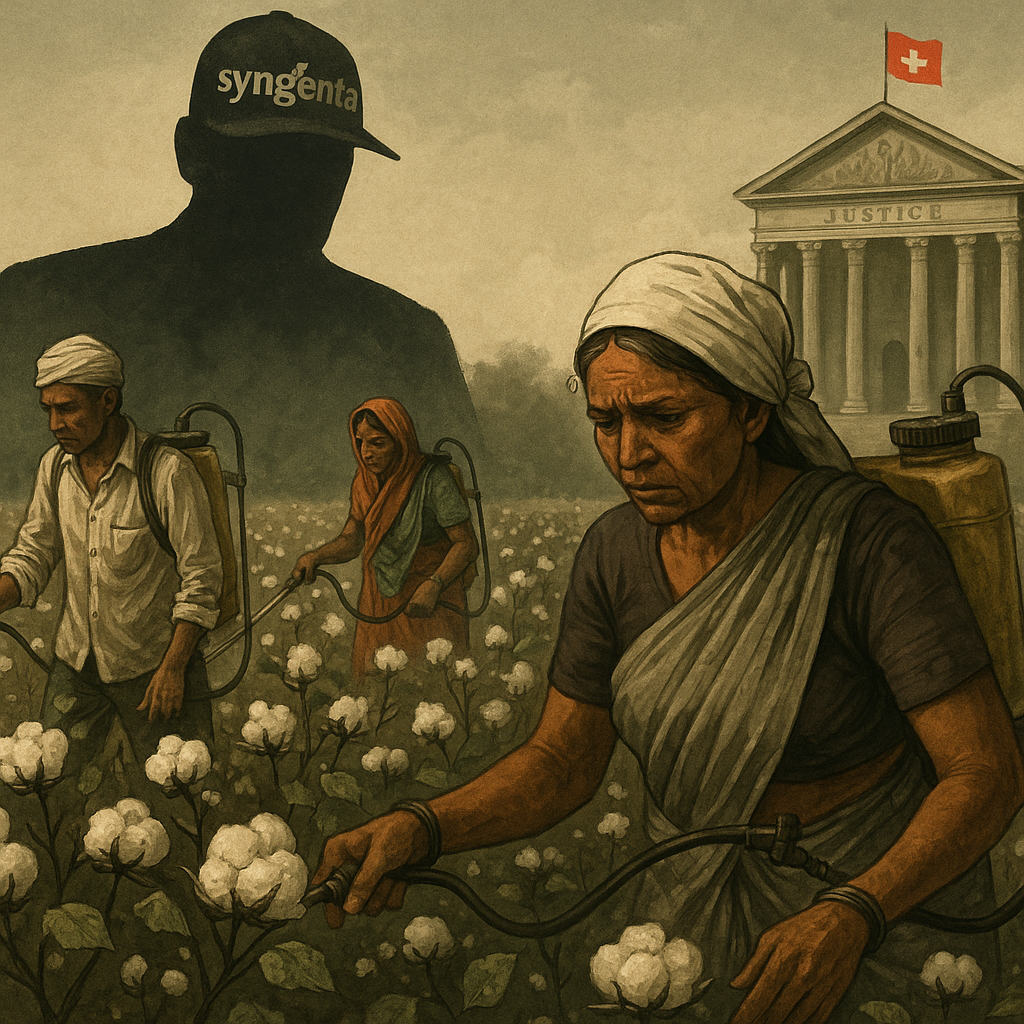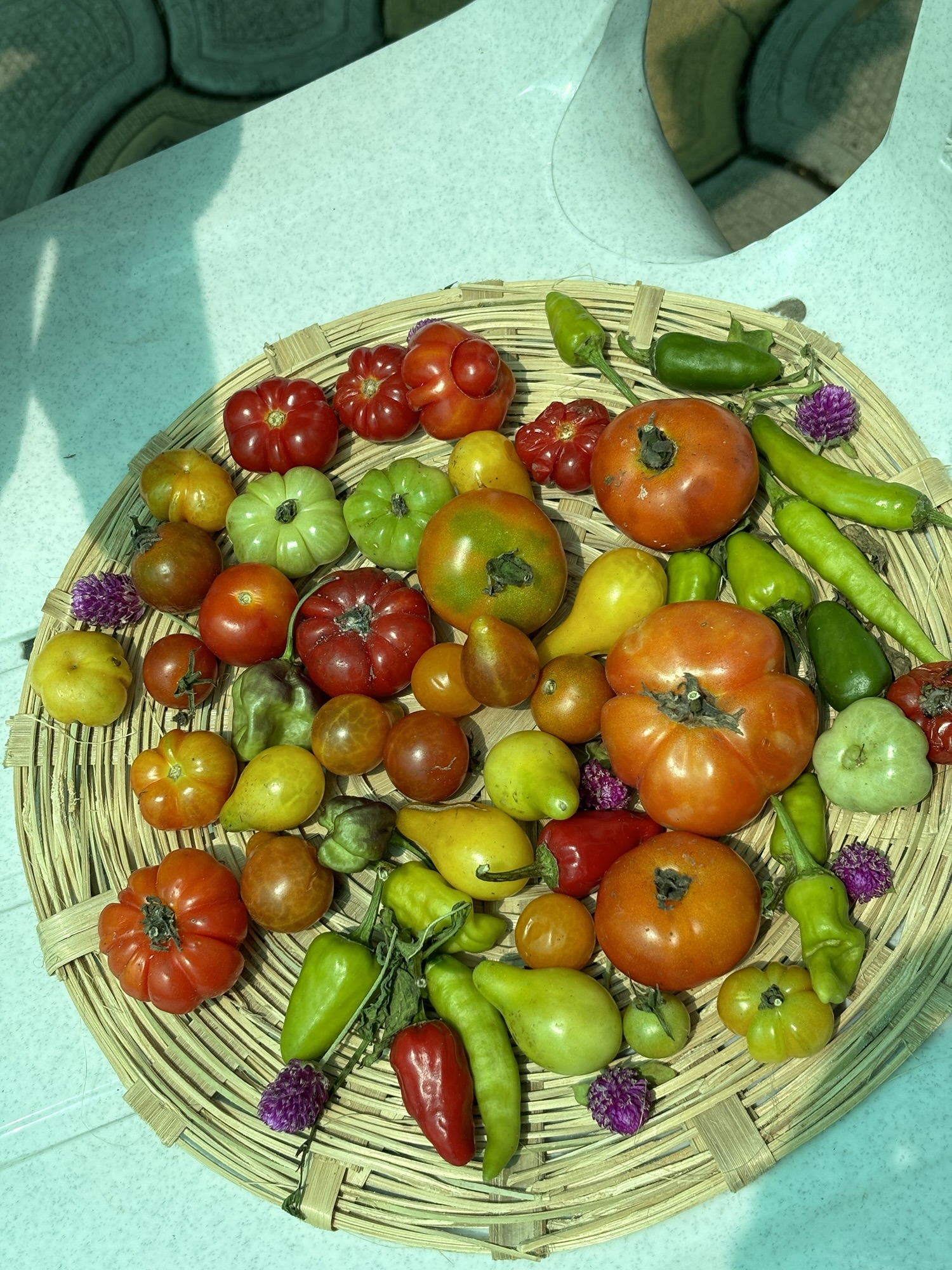A recent decision by a Swiss civil court to assess evidence in a lawsuit against agrochemical giant Syngenta over the use of its pesticide Polo has sent a powerful message to Indian farmers: it is possible to challenge multinational corporations and seek accountability for harm caused by their products.
Background: The Vidarbha Pesticide Poisoning Tragedy
In 2017, Maharashtra’s Vidarbha region witnessed a wave of pesticide poisonings, resulting in at least 22 confirmed deaths and hundreds of illnesses among cotton farmers and farm workers. Polo, a pesticide manufactured by Syngenta, was widely used in the region during this period. Police records and investigative reports linked Polo and other pesticides to the poisonings, with at least 80 survivors reporting its use.The affected families, supported by organizations such as Pesticide Action Network India (PAN India), Public Eye, and the European Centre for Constitutional and Human Rights (ECCHR), have been at the forefront of the legal battle.
The Swiss Lawsuit: Breaking New Legal Ground
In 2021, the wives of two deceased farmers and a survivor from Vidarbha filed a civil lawsuit in Basel, Switzerland, under Swiss public liability law, seeking to hold Syngenta accountable for the harm caused by Polo.The Basel civil court, in July 2022, ruled that it had jurisdiction and granted free legal aid to the complainants, signaling the credibility of their claims.The court will now examine whether the claimants or their deceased husbands actually used Polo, with proceedings set to include witness hearings and party interviews. Each case will be treated separately due to differing evidentiary questions.
Double Standards in Pesticide Regulation
Polo’s active ingredient, diafenthiuron, was banned in the European Union in 2002 and removed from the Swiss market in 2009 due to its risks to human health and the environment.Despite these bans, Polo continues to be sold in India and other countries in the Global South, where regulatory oversight and access to protective equipment are limited.The European Chemicals Agency has classified diafenthiuron as “toxic if inhaled” and warned of organ damage from prolonged exposure.
Historical and Legal Significance
This is the first civil lawsuit from the Global South against a multinational agrochemical company for pesticide-related harm, setting a precedent for corporate accountability in international courts.Previous attempts at mediation under the OECD framework failed to yield remedies for the affected families, highlighting the limitations of non-judicial processes in such cases.
Ongoing Risks and the Need for Reform
- Reports indicate that the use of hazardous pesticides like Polo continues in India, with inadequate safety protocols and limited use of protective gear among farmers.
- The number of pesticide poisoning cases in Vidarbha doubled between 2016-17 and 2017-18, reflecting a persistent threat to farmer health and safety.
- Advocacy groups have called for the implementation of the International Code of Conduct on Pesticide Management to prevent future tragedies.





